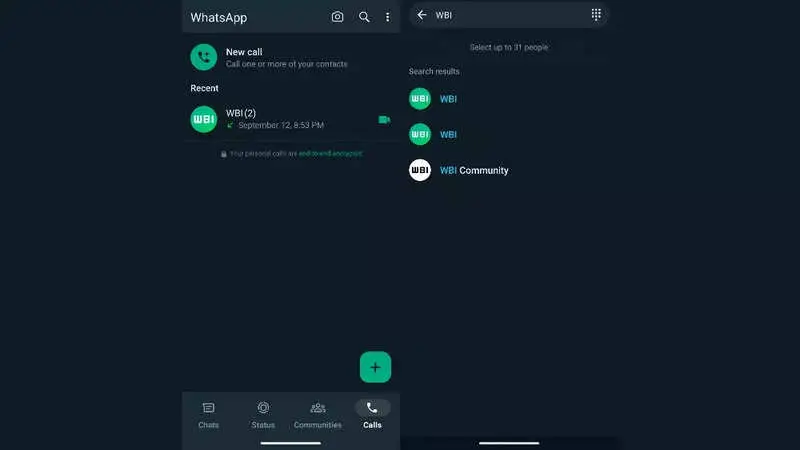In today’s globalized world, businesses are increasingly tapping into the global talent pool by hiring freelancers from India. The benefits are clear – access to a vast pool of skilled professionals, cost-effective solutions, and round-the-clock support. However, successfully hiring and working with Indian remote employees requires a nuanced understanding of cultural considerations. In this blog post, we will explore some key insights and best practices for companies looking to hire freelancers from India.
1. Communication Styles:
Effective communication is the cornerstone of successful collaboration, especially when working with remote employees. It’s important to understand that Indians are polite and indirect in their communication style. This can sometimes be misconstrued as a lack of assertiveness or clarity. To bridge this gap, encourage open communication, provide clear instructions, and establish regular check-ins to ensure everyone is on the same page.
2. Respect for Hierarchy and Authority:
India has a robust hierarchical culture where respecting authority figures is deeply ingrained. It’s essential to be mindful of this cultural aspect when managing remote Indian employees. Ensure that you maintain a respectful and approachable demeanor while maintaining your leadership role. Encourage feedback and open discussions to foster a collaborative work environment.
3. Time Management:
The concept of time can differ between cultures, and it’s crucial to be flexible when working with freelancers from India. Punctuality is highly valued in professional settings, but unexpected delays can occur due to traffic or other factors. Be understanding and accommodating when scheduling meetings and deadlines.
4. Celebrating Diversity:
India is incredibly diverse, with many languages, religions, and traditions. Take the time to learn about your remote employee’s backgrounds and show respect for their cultural holidays and traditions. This inclusivity can help build strong working relationships and foster a sense of belonging.
5. Work-Life Balance:
Indians often prioritize a healthy work-life balance. While remote work provides flexibility, it is essential to prevent freelancers from working excessively or expecting them to be available around the clock. Encourage reasonable working hours and respect their time.
6. Holidays and Festivals:
India celebrates numerous festivals throughout the year, and it’s crucial to be aware of these dates. Allow your remote employees to take time off during these festivals to spend with their families. This gesture will be appreciated and demonstrate your commitment to their well-being.
7. Language Barrier:
While many Indian professionals are proficient in English, being patient and transparent in your communication is essential. Avoid using complex jargon or idiomatic expressions that might not be familiar to them. Encourage open dialogue and offer assistance when needed.
8. Payment and Contracts:
Ensure that your payment and contract terms are clear and transparent. Discuss financial matters openly and provide a fair compensation package. Establish trust and reliability to maintain a healthy working relationship.
9. Decision-Making Process:
Indian culture often emphasizes consensus and group decision-making. It’s essential to involve remote employees in discussions and decisions that affect their work. Encourage their input and consider their perspectives in the decision-making process.
10. Technological Infrastructure:
India has made significant technological advancements, but remote employees may face occasional connectivity or infrastructure challenges. Be patient and understanding when technical issues arise, and provide support to overcome them.
11. Cultural Sensitivity Training:
Consider offering cultural sensitivity training to your in-house team to ensure everyone is aware of and respects the cultural differences. This can help prevent misunderstandings and conflicts down the line.
12. Feedback and Recognition:
Indian remote employees often appreciate regular feedback and recognition for their contributions. To boost morale and motivation, acknowledge their hard work, offer constructive feedback, and celebrate their achievements.
13. Legal and Tax Considerations:
Ensure you understand the legal and tax obligations when hiring freelancers from India. Consult with legal and financial experts to navigate the complexities of international employment.
14. Data Security and Confidentiality:
Given the sensitive nature of many remote projects, ensure robust data security measures are in place. Address concerns about data confidentiality and privacy to establish trust.
15. Patience and Adaptability:
Finally, patience and adaptability are essential when working with remote employees from any cultural background. Be prepared for an adjustment period as you learn to collaborate effectively. Flexibility and a willingness to adapt to different working styles will go a long way in building successful partnerships.
In conclusion, hiring freelancers from India can be highly rewarding, but it comes with its own cultural considerations. By embracing these differences and fostering a respectful and inclusive work environment, you can build strong and productive relationships with your remote Indian employees. Successful collaboration is built on understanding, communication, and mutual respect.











